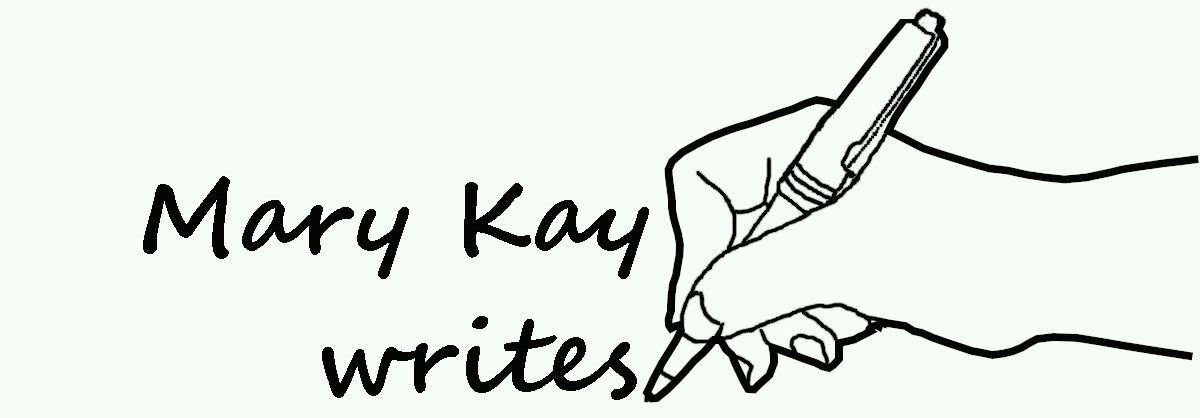First published in the Readers Write section of The Sun
My mother tells me that she can’t express her feelings, but I know it isn’t true. Her bread speaks for her.
It speaks the anxiousness of a twelve-year-old, the heat lapping her face as she feeds the wood burning oven in which her first loaves are baking. Soon her Pop and older brothers will burst in from the fields for afternoon lunch, the sweet smell of hay mingling with the mustiness of dust and sweat as they lather their bread with homemade butter and jostle each other for the last smoked sausage. She is the youngest daughter in a family of fourteen, and she will bake six loaves a day through her teenage years, through a World War, and through her mother’s final fight with cancer.
It speaks the resilience of a twenty-two-year-old, now with both parents gone, who has moved to the city to cook for a wealthy couple. She bakes her bread in a gas oven now, and she buys her underwear instead of sewing it from empty sacks of bread flour. The couple’s dinner parties, travels, and even their religion, are foreign to her. But over the next six years, they will grow from employers to mentors to family.
It speaks the earnestness of a thirty-year-old, carefully packing slices of bread atop the meat-and-vegetable meals that she sends with her husband. He works twenty-four-hour shifts as a fireman fighting his way into burning buildings, and on his days off he earns extra cash at the top of a ladder trimming trees. Their home has no phone, and she dreads each day that her neighbor will deliver the news of a catastrophic accident. She does her best to keep him healthy but secretly smiles when he indulges his one vice: her homemade bread seeping with beef gravy. She herself will work as a secretary, an Avon saleswoman, a seamstress, a housekeeper, and a bookkeeper, but never once will she let her husband go without his homemade bread.
It speaks the helplessness of a fifty-year-old, watching her bullied daughter walk shell-shocked through the grade school cafeteria line. Her efforts to protect her child have backfired, and her conscience does not permit her to pull her child from a Catholic school. Instead, she brings her little girl the comfort of her favorite lunch, a hot dog wrapped in warm homemade bread. While she spends the next half hour monitoring the other children on the playground, her daughter remains alone inside, nursing that piece of bread until recess ends.
It speaks the adoration of a seventy-year-old, her toddler grandchildren elbow deep in a stoneware bowl of bread dough. The dough oozes between their pudgy fingers, eliciting a giggle that propels a pacifier across the pasty surface. A floury hand hastily retrieves it and plugs a mouth that curves up towards her in a sideways grin. Later she will smother the bread with butter and sugar—her own favorite childhood treat—and serve it to her eager grandkids, completely convinced that their cavities come from the Cokes their other grandma gives them.
It speaks the wistfulness of a ninety-three-year-old, texting her now-grown grandchildren to offer them her bread. “I fell asleep while it was baking,” she admits as she hands the loaves through a barely open door, “You can tear off the crust if it’s too hard for you.”
“It’s perfect, Grandma,” they reply from behind their pandemic masks. Their eyes scream their longing to hug her, but they avoid even a touch as they retrieve the loaves from her weathered hands. Holding close their Grandma’s love, they turn and wave good-bye.
